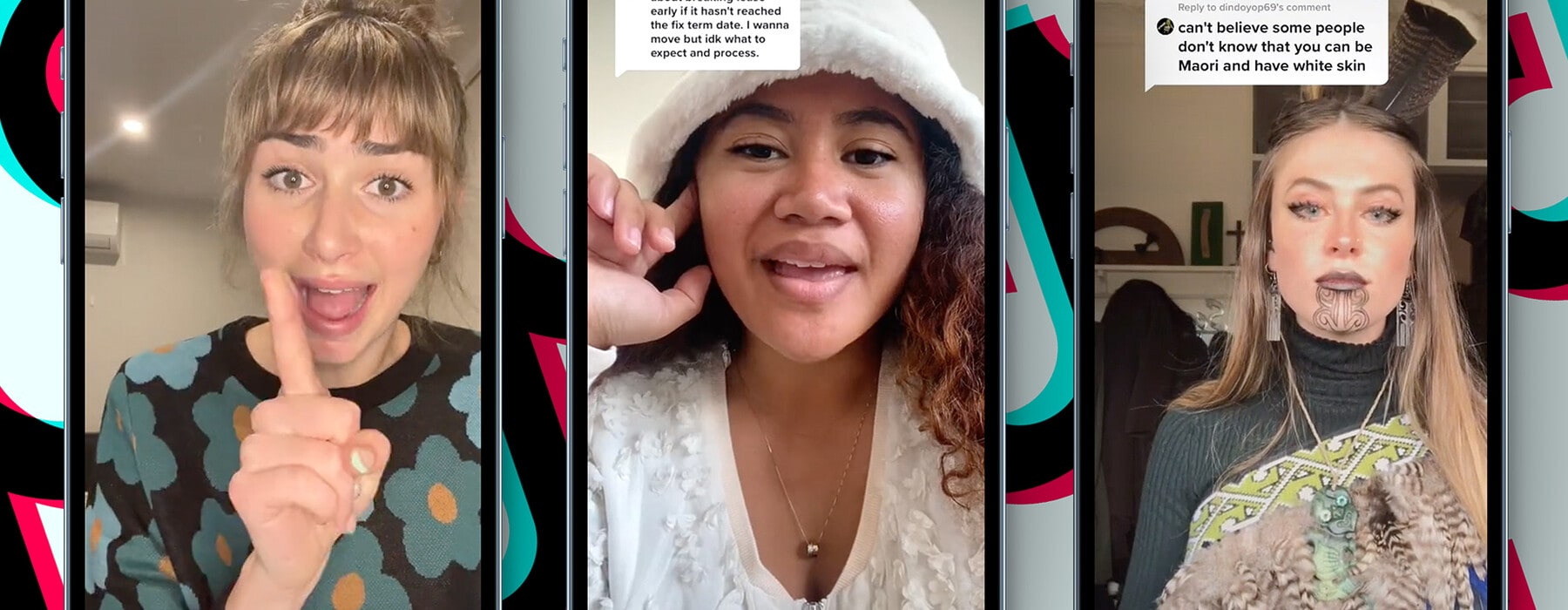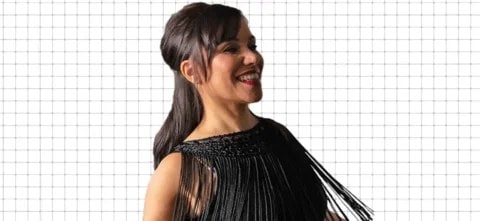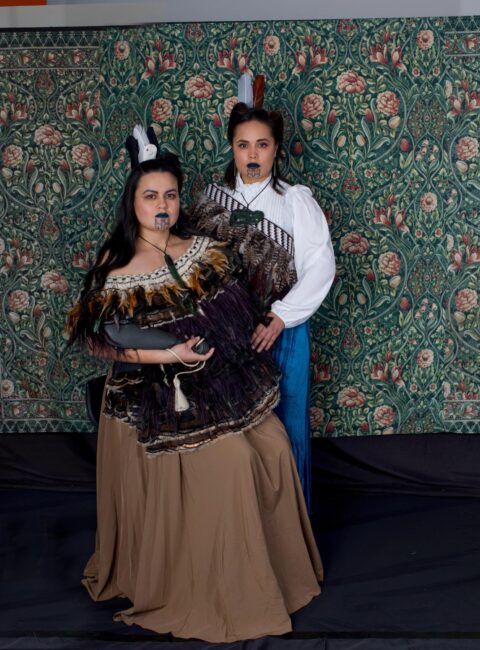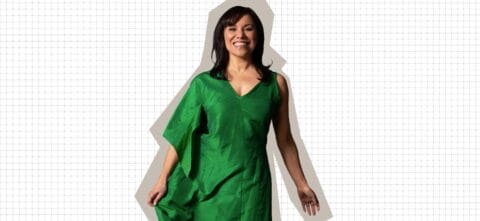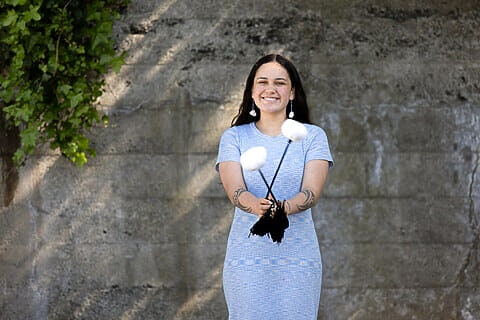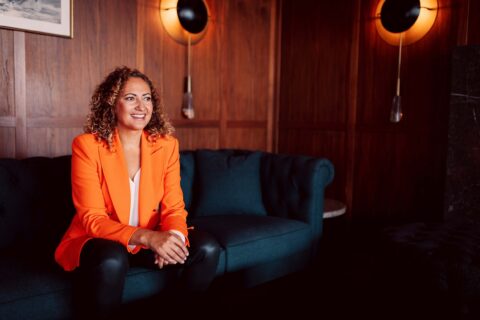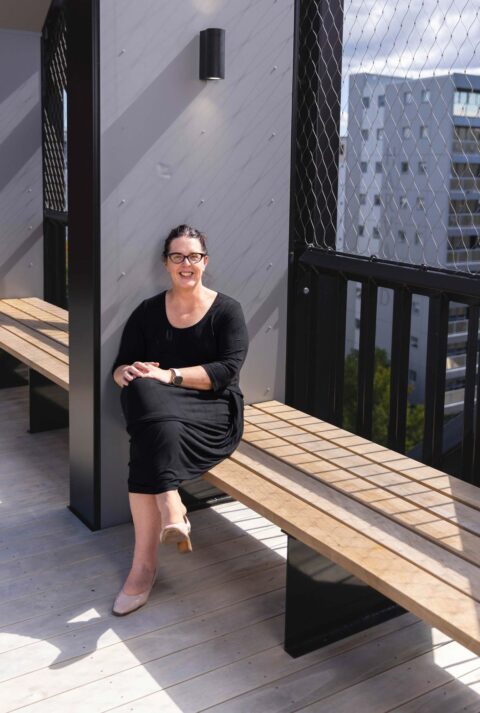What makes them Tik: Three Kiwi women of TikTok tell us what it’s like to be a social media sensation
Often people worry at the thought of meeting people for the first time on Zoom. But for Harrie Baxter, Daisy Pedersen and Georgia Awatea-Jones, the conversation flowed unsurprisingly from the get-go given their common trait – TikTok stardom.
“I created my TikTok as a joke, to begin with,” laughs Georgia Awatea-Jones (Ngāti Maniapoto, she/her), 22. “Last October, my friend was like, ‘you should do that haka that’s trending’, and it just blew up.”
Georgia has just moved to Rotorua. She works in hospitality and as a Kōhanga Reo teacher – an aspect of her life that regularly features on her TikTok (@geooojones). When she isn’t working these jobs, she is sharing her whakapapa, daily life and comedic personality through her account and other Aotearoa-based channels such as Hahana.
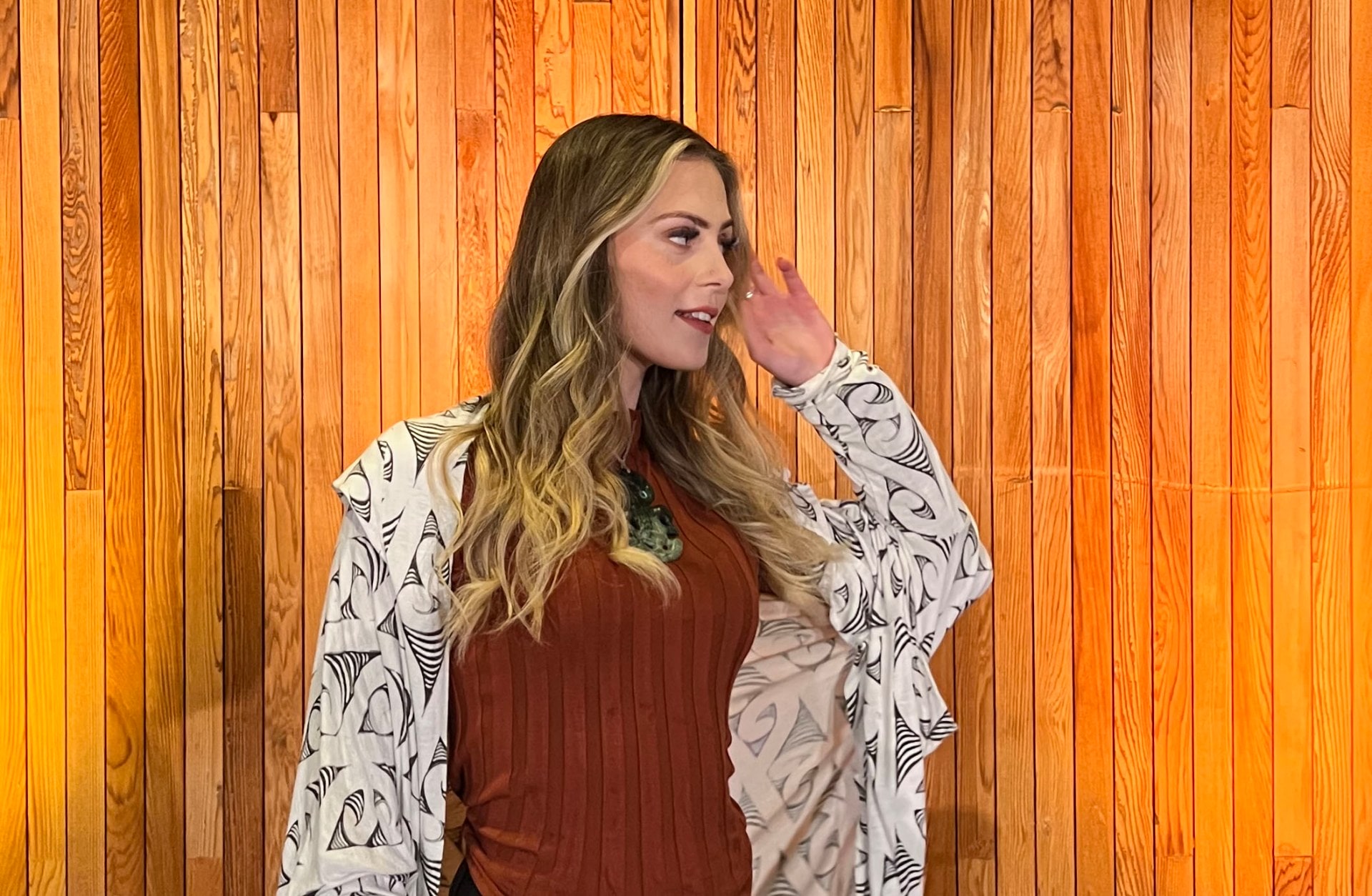
“The reason that video blew up was because I got so much hate. It doesn’t affect me; I guess I’ve had it all my life. I got a comment on the haka video saying, ‘another white person reappropriating someone’s culture’. I had a fat laugh at that. I responded with a video of my pepeha and that’s currently sitting at 700,000 views.
“As a result of my video skyrocketing, I had quite a few different influencers reach out to me to make sure I was okay and encourage me to continue. I got so many positive messages from other fair-skinned Māori telling me how much it helps them with their confidence. Johnny Tuivasa-Sheck (@johnnytuivasa) shared the video as well!
“I posted a video to a trending audio with the caption, ‘You’d think being six-foot-five and a lesbian would be the greatest thing in the world. It is’. And that got 3.2 million views,” says Harrie Baxter (she/they), 20. “That one viral video boosted me to 18,000 followers and it was really cool to be one of the first femme, queer Kiwi TikTokers.”
Harrie is currently in their final year of study at the University of Auckland. Posting to their 44,000 followers via their TikTok account, @harrieeb, involves everything from witty takes on trends to detailed restaurant reviews. Yet it also serves as a refuge for people that don’t typically fit into society’s norms.
“I then started posting more regularly with content like restaurant reviews. I have ADHD as well, so I’ve started talking about that. There have been really positive responses to the intersectionality of being openly queer and having ADHD.
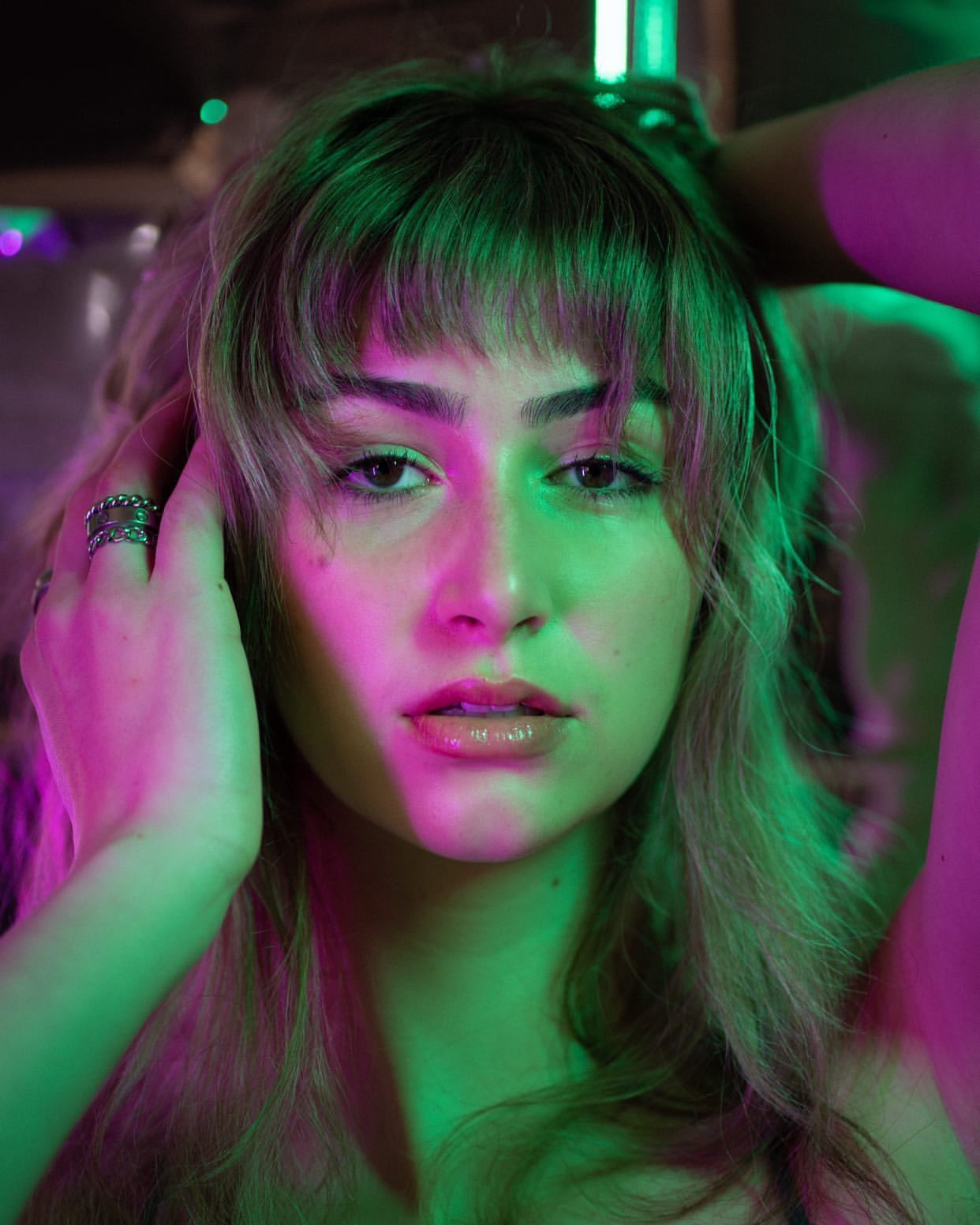
“When I was growing up, I didn’t have anyone in the media who looked like me who was openly gay. I think it took a lot longer for me to come out because I ‘looked straight’. Myself being a femme, the tallest stick-out-sore-thumb (I’m yet to meet a woman who is taller than me), and having ADHD, I find my brain works in all these weird ways which is something I am still yet to completely understand.”
“I posted a video where someone didn’t show up to my viewing and I was just making fun of that,” says Daisy Pedersen (she/her), 26. “I saw a really good response and realised there’s like a space for me here because I don’t see a lot of rental agents posting.”
Daisy is a freelance property manager and an Auckland renter herself. The videos she posts via her TikTok account, @daisywaizy, mainly consist of tips for landing a house in Auckland’s challenging rental market, a feat that is becoming more and more difficult for families and, in particular, people from Māori and Pacific communities.
“Because I am a freelancer, I can post whatever I want. I can totally post tips to help people get into homes. A lot of people have reported that because of their skin colour they couldn’t get into homes or they’re just getting super-judged at viewings. That’s sort of how I got into it – just responding to people responding to me.”
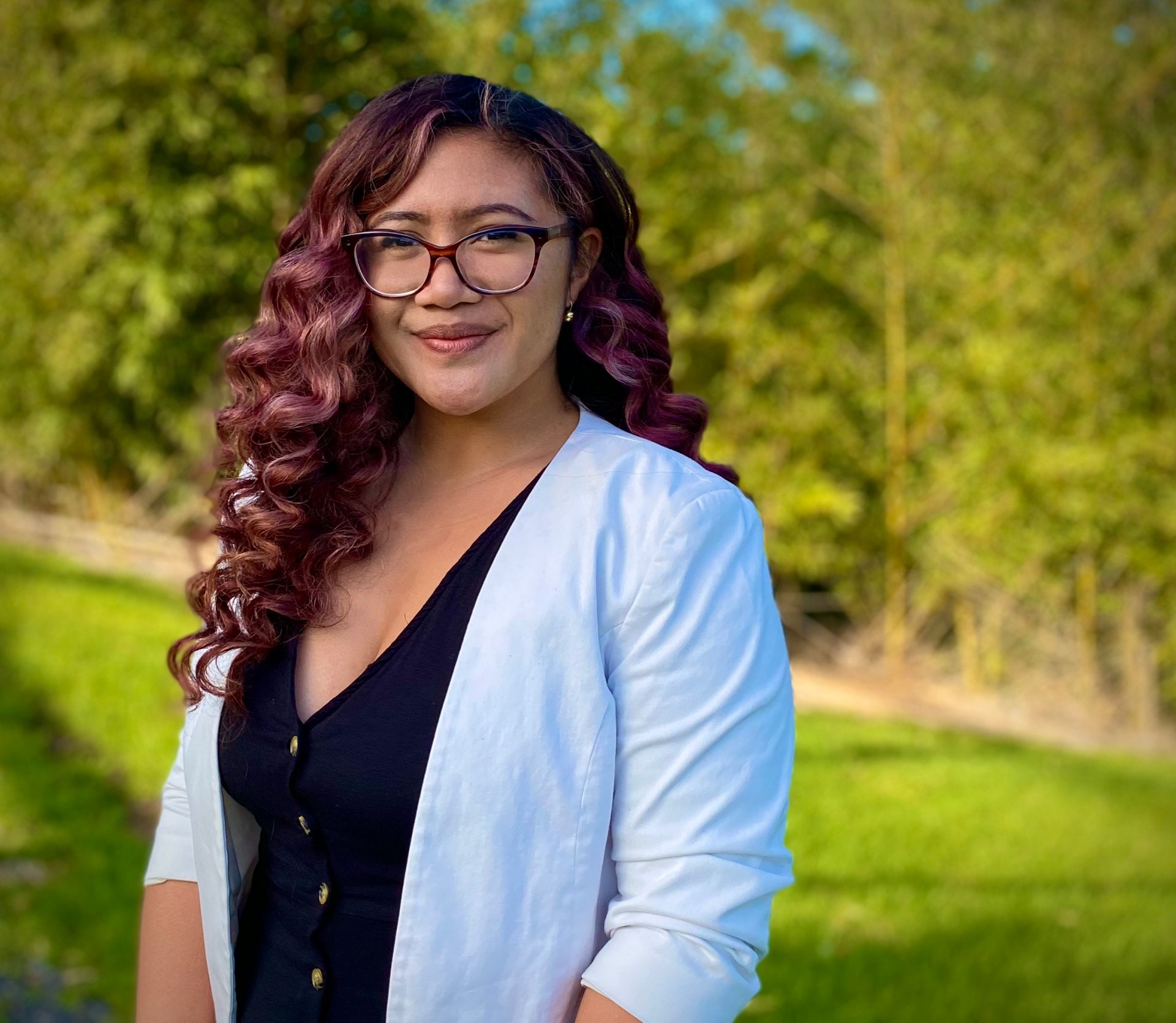
I know that face…
“I guess it’s pretty crazy to have 80,000 people looking at me,” says Georgia.
“It’s funny when people come up to you, or when they don’t come up but you can tell they’re looking at you. I remember one time walking around with Uncle Tics (@uncletics) who has security everywhere he goes. Uncle Tics has been a kind of mentor for me; we come from the same awa and the same iwi. He looks out for me and makes sure I don’t get screwed over with things like brand deals. Walking around with him was almost a look into what I could be one day, but it was a lot.”
“I saw your TikTok video with Uncle Tics!” says Daisy, leaning in excitedly.
“Sometimes, when I meet people for the first time, they’ll already sort of know me,” she adds. “But I walk around the world convinced no one knows. Often, it’s people in my community or friends of friends that will already know me before we meet, so that’s a little weird.”
“Someone made a TikTok last week about how they walked past me and were too shy to talk to me,” Harrie says. “But in the video they said I’m their crush-slash-idol and they just wanted to say how they appreciated me. I literally cried when I saw that. The thought that I can make other people feel safe? It melts my heart.”
Is TikTok authentic?
“We all, as we say, fell into it by accident. We didn’t go in wanting to be famous and nor is that still my intent. The reason we’re reaching more and more people is because they see the passion and authenticity which is addictive in itself,” Harrie says.
“There’s a lot of fake shit in this world and to go on your phone and see someone who cares? That’s hard to come across and it’s touching on so many levels. There’s a lot of people I know that went on to TikTok purely to become a content creator, and there’s a lot of inauthentic, posed content on the platform.”
“I agree and disagree with that,” Georgia says. “For example, our Matariki TikToks that were made through Hahana – other than the hard facts (about te ao Māori) that were used, a lot of it was staged because we were acting.
“I guess there’s a fine line of content creation just for being famous, and then doing that for good reason. It’s not okay when someone makes up that they have, say, a disability or are making up scenarios like that for a TikTok when it’s not real.”
“My followers trust me because I’m giving advice freely,” says Daisy, “I don’t do it for clout, I just want to help people. That’s why I’m in property management because I want people in my community to get into homes. There’s something wrong with this housing crisis, it’s insane, and that’s something I’m very passionate about working towards solving eventually.
“Property managers typically won’t give out advice on why you aren’t getting a house. Whether it’s bad credit or maybe your background check, they won’t say. That’s probably because their bosses have more control over them if they aren’t a freelancer, but I will say it and tell those looking for homes for the sake of getting them into houses.”
A future beyond the platform
“Ever since I was a little girl I’ve always wanted to be on screen. Although I enjoy TikTok and I’ll continue to do that as long as the app is relevant, I’ve always wanted to be on television and to act. I’m a Leo so I’m very… yeah,” Georgia laughs.
“I want to keep making content that encourages young Māori to get out there – never mind what you look like – and to challenge the stereotype that being Māori looks a certain way.”
“I still don’t understand why I’m here!” says Daisy. “Sometimes I’m still like ‘no, I don’t have any influence’. But the reality is that I do. I could be doing way more with it but it’s so hard to figure out how to do that.
“I care about my community not having housing as that was the norm for me growing up. We would have five people sleeping in one room. I would love to help people into healthy homes so that our families don’t get sick. I especially want to see our children thrive, to help them find their path, create wealth for themselves and express themselves without the limitations we grew up with.”
“You definitely are doing something!” Georgia says. “Your kōrero point is very valid in Aotearoa and throughout the world so you are here for a reason.”
“Exactly what Georgia just said!” Harrie smiles.
“I could never see myself settling down in a nine-to-five office job,” she continues. “I’m a golden retriever in a human body.
“I’ve always been really passionate about sex education and how awful I think it is in public schools. Especially now being an openly queer person. If I could do some sort of public speaking in schools and be like ‘hey, I’m the local queer person, let’s talk about sex!’ then that would be cool.
“I find that the topics normally labelled as taboo are labelled that way because they don’t fit into societal norms. Not because they’re necessarily bad or wrong but because society has made it that way. Even if it’s not myself talking about it – there are heaps of spaces that I have no right to talk about. I’ll never speak on behalf of the trans community because I haven’t had those experiences. Having this platform is powerful because when people have certain questions and I think, ‘this isn’t my topic to speak to’, I can direct them to another awesome creator. It’s that ‘rising tides lifts us all’ mentality.”

